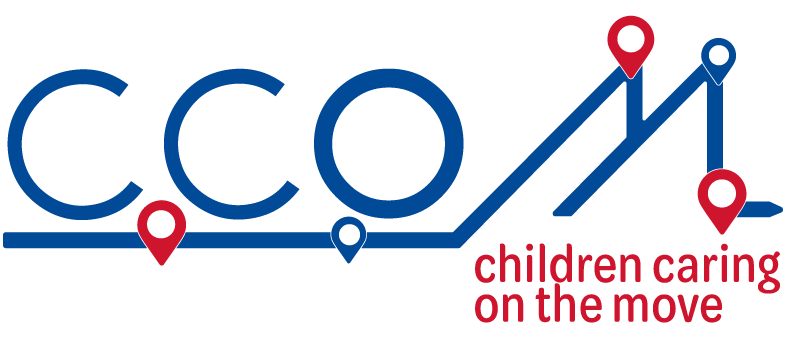1: Introduction
The purpose of this course is to help you think about your reflexive practice in relation to care with Unaccompanied Asylum-Seeking Children (UASC) and separated/lone migrant young people. The capacity to reflect is part of your core professional competence and helps you think about your own practice, your approach to your work and to learn from the process. Working in any kind of social care capacity with vulnerable young people is extremely tough, dynamic, and an often emotionally draining job, so it is useful to think about what shapes your practice and why. Throughout the course you will be introduced to the thoughts and opinions of practitioners and professionals who work with UASC, and young people who are themselves separated child migrants.
This training will enable you to better understand your own and others’ perspectives on young people’s care relationships – including, their care of each other.
Who is this training for?
This course is aimed at social workers, senior practitioners, personal advisors and other professionals and practitioners working with UASC. The course can either be taken online by individuals or the course materials can be downloaded for use in face-to-face workshops by social worker trainers.
Downloadable materials and further support [Tip: hold Ctrl and click a link to open it in a new tab. (Hide tip)]
As a 10-hour introductory CPD, this course is not sufficient training for people intending to specialise in working with UASC. Completion of the course is not a qualification or a guarantee of competencies. If you are a social worker taking this course, remember to add it to your CPD record to meet the requirements for registration. By the end of this course, you will be able to answer your two key requirements: describe what you have learnt; then state how the CPD has had a positive impact in practice on the people you work with. If you are differently qualified, this course will enhance your reflexive practice skills.
For those who complete this course and are interested in seeking further training outside of your local provision, suggestions can be found in the ‘further study’ section of the course.
 Learning outcomes
Learning outcomes
By the end of this ten-hour course, you will:
- Have a critical awareness of the meanings and complexities of the concept of ‘care’.
- Understand how different perspectives on ‘childhood’ influence our views of the care of UASC.
- Have reflected on professionals’ and social care practitioners’ views on care.
- Have reflected on UASC young people’s perspectives of care.
- Have critically reflected on your own values and experiences of care practices and caring relationships of UASC.
Using evidence-based training
A core feature of this course is that it is evidence-informed – in other words, the core content is based on research findings as opposed to anecdotes or opinion. As well as drawing on academic literature, the course is based on data and dissemination outputs from a research project called Children Caring on the Move, which is described in more depth in the next section. The data provided comes from what young people, professionals and social care practitioners have told us about their lives, their working practices and a key element of our study: young people’s care of each other. We have provided you with both young people’s and adults’ data so that you can explore some of the synergies and differences in their perspectives. At times you may agree or disagree with what they say. That is ok! It is important to reflect on where your own views relate or diverge and why that might be the case. Another important point to note is that all names used in this course are pseudonyms to protect the anonymity of our participants.
 Activity 1.1: Personal learning goals
Activity 1.1: Personal learning goals
Before you get started, spend a few minutes thinking about what you hope to gain from the course, both personally and professionally.
- What aspects of working with UASC do you struggle with the most?
- How do you feel about working reflexively in your own practice?
- What barriers do you feel there are to working in this way?
Make some notes in the box below.
Discussion
You might have some experience of working with Unaccompanied Asylum-Seeking Children (UASC) and young people and want to learn more, or working with this group might be new for you. The critical reflections aspect of this training may make you feel discomfited or uncertain about your practice. Don’t worry, this is normal and engaging in CPD will hopefully give you new understandings of your own and other’s practices.
The first half of the course unpacks some important concepts from the academic literature around care and childhood. These concepts may look quite different to how you think about them through your own training and practice. Hopefully, examining these ideas from a fresh perspective can feed into your own practice.
A word about ethics
This training aims to improve learners’ ability to understand and work with UASC in a caring and compassionate way. Whether you are a qualified social worker or a differently qualified professional or practitioner, you will find it helpful to look at The Code of Ethics for Social Work: Statement of Principles from the British Association of Social Work. It is also useful to examine the regulatory standards for your region of work:

